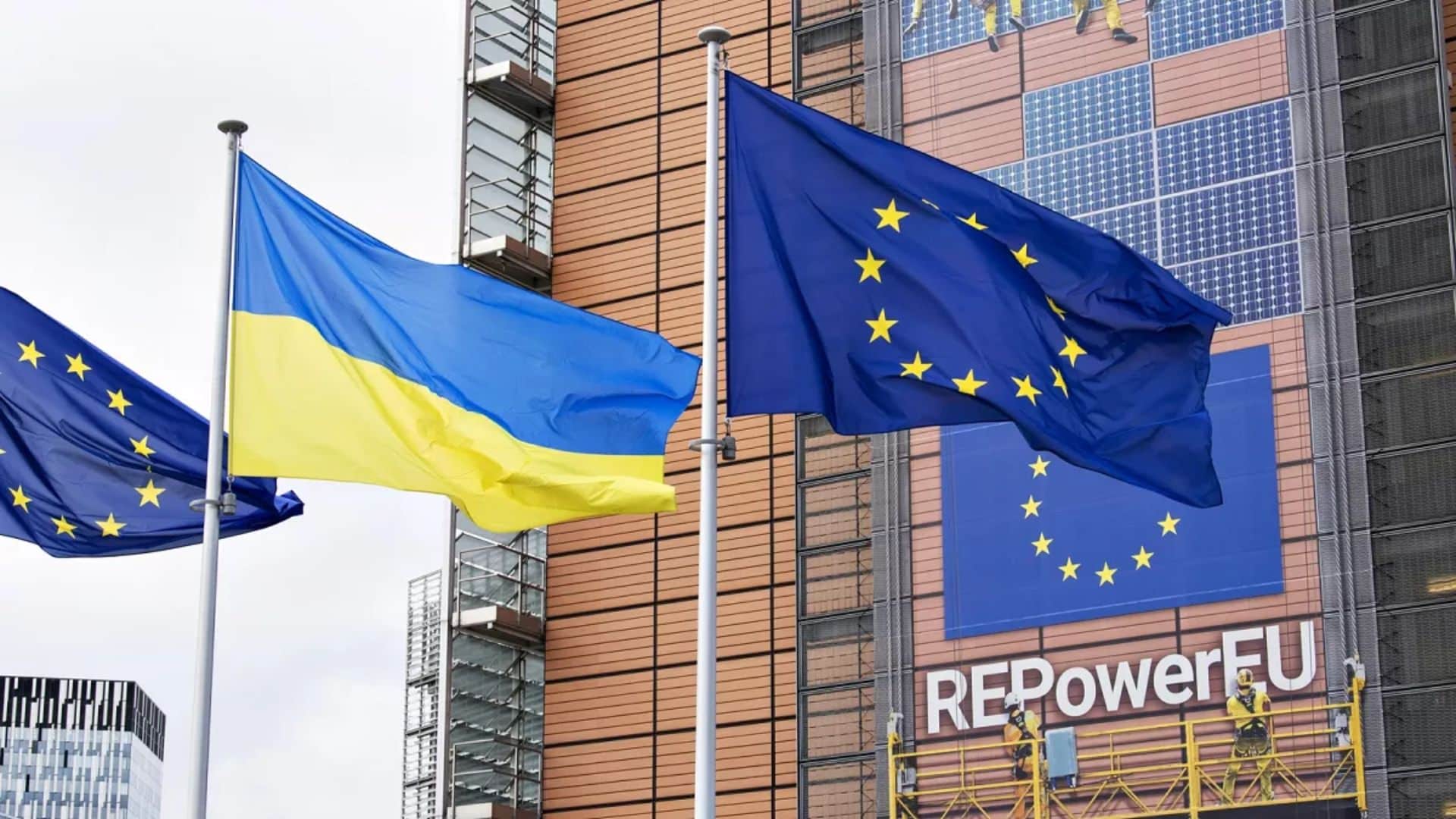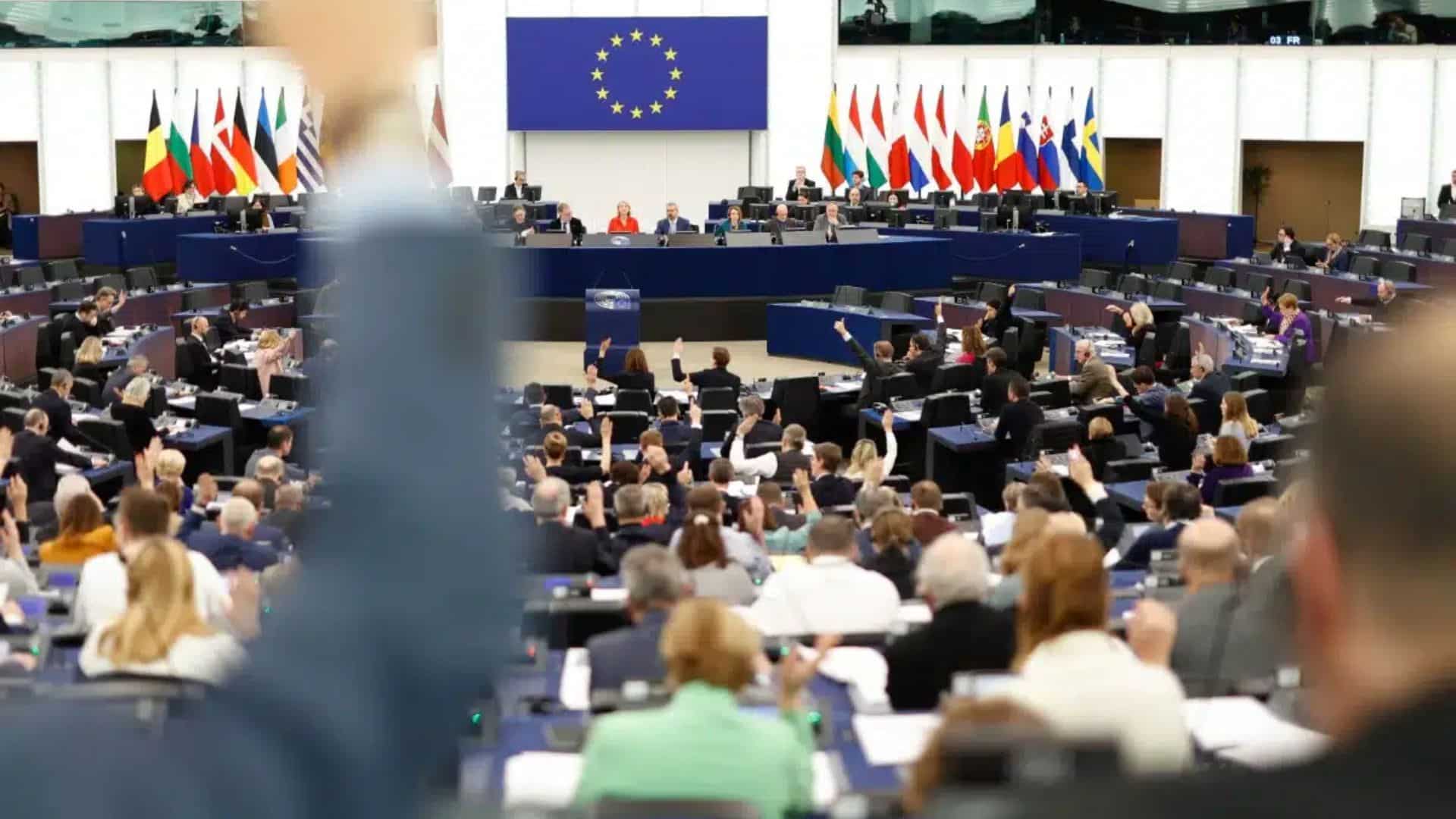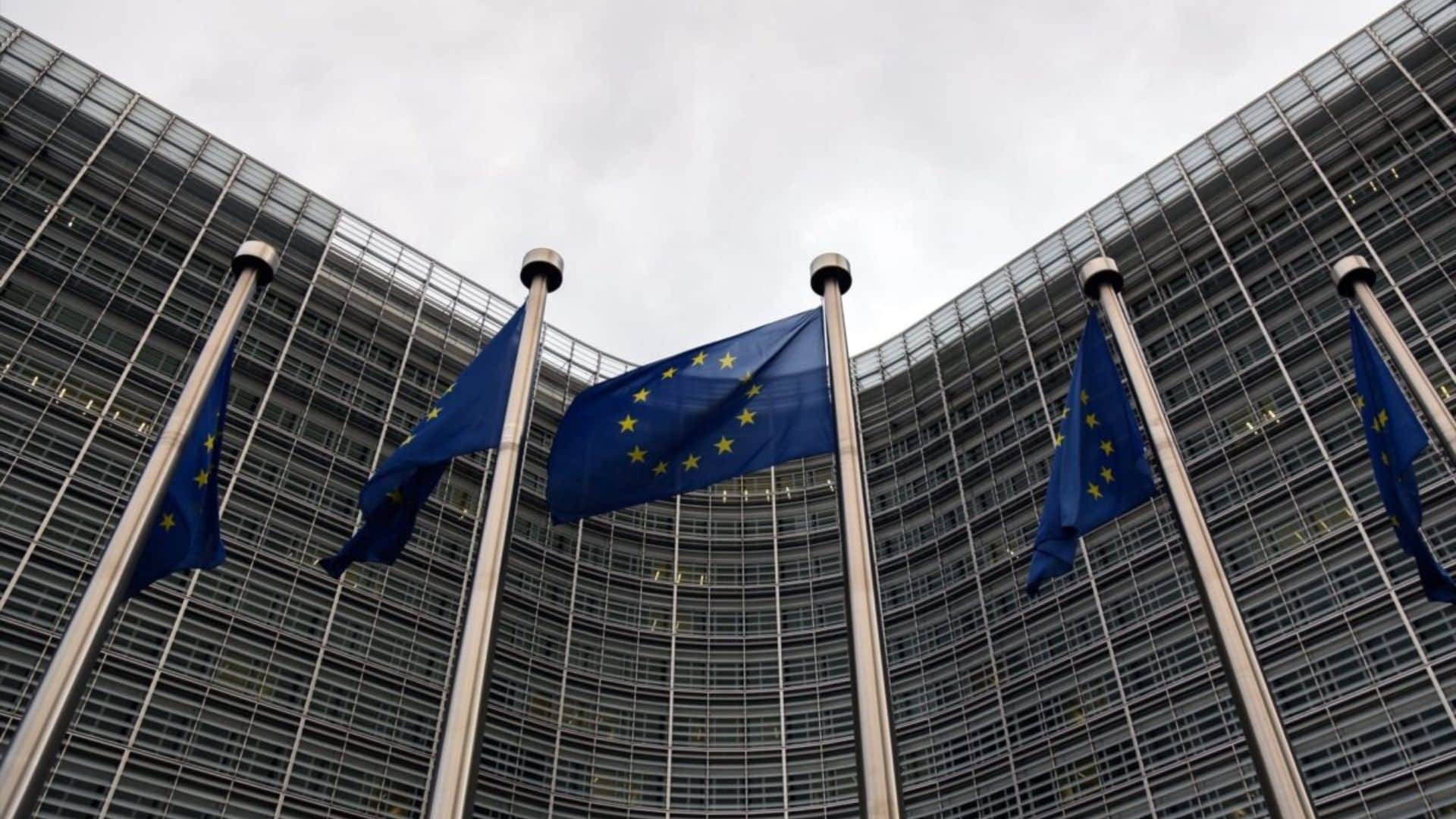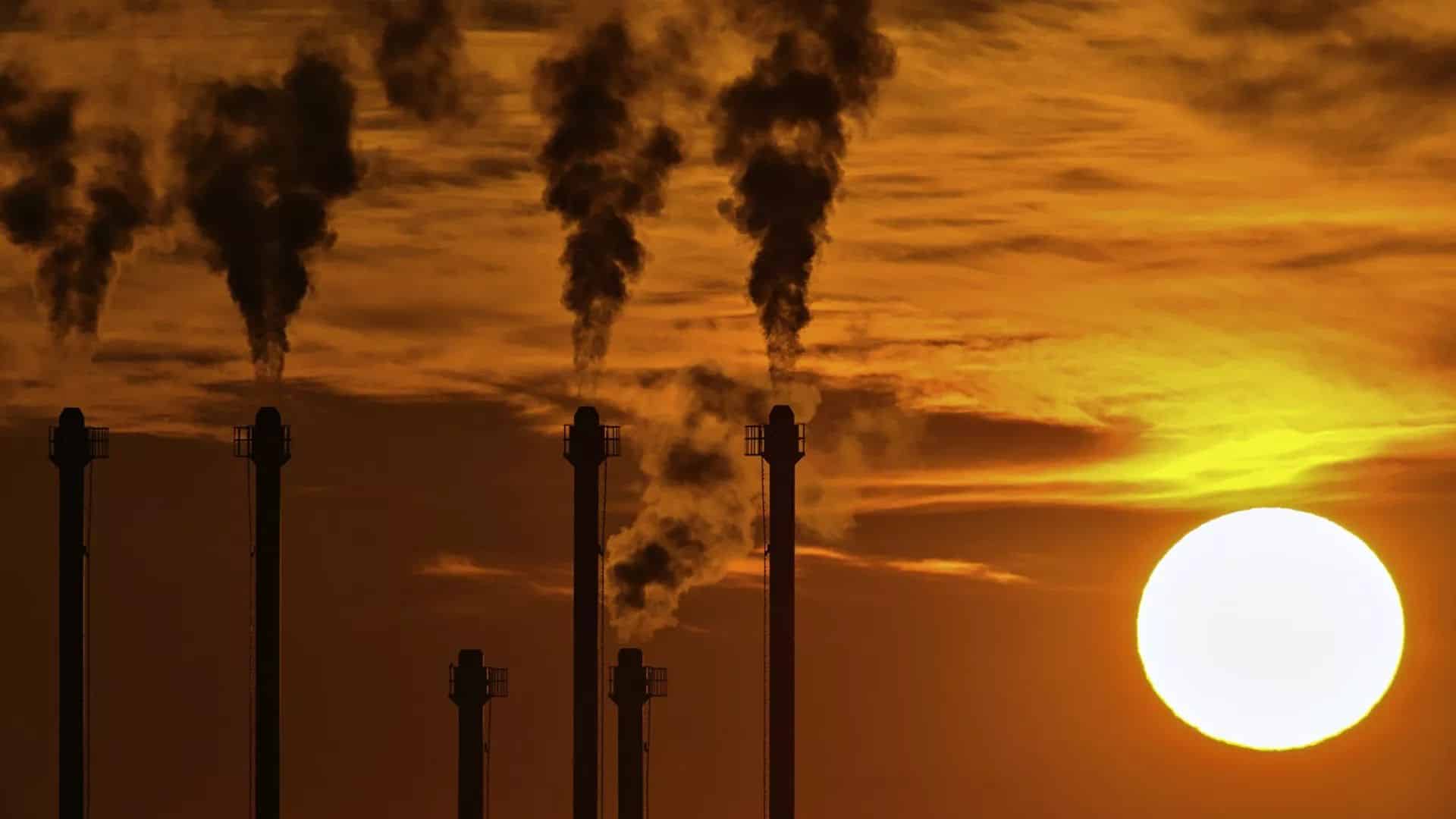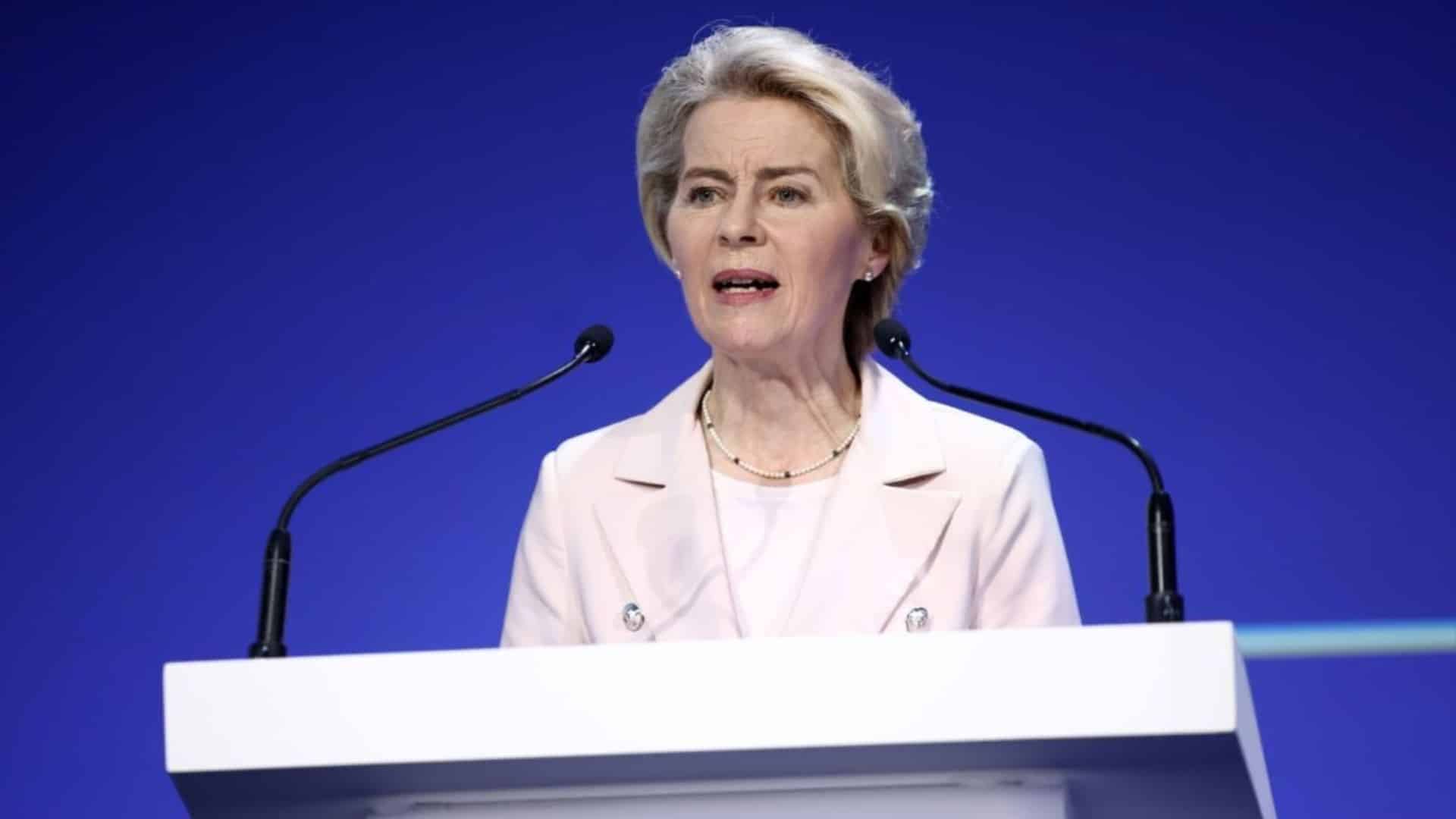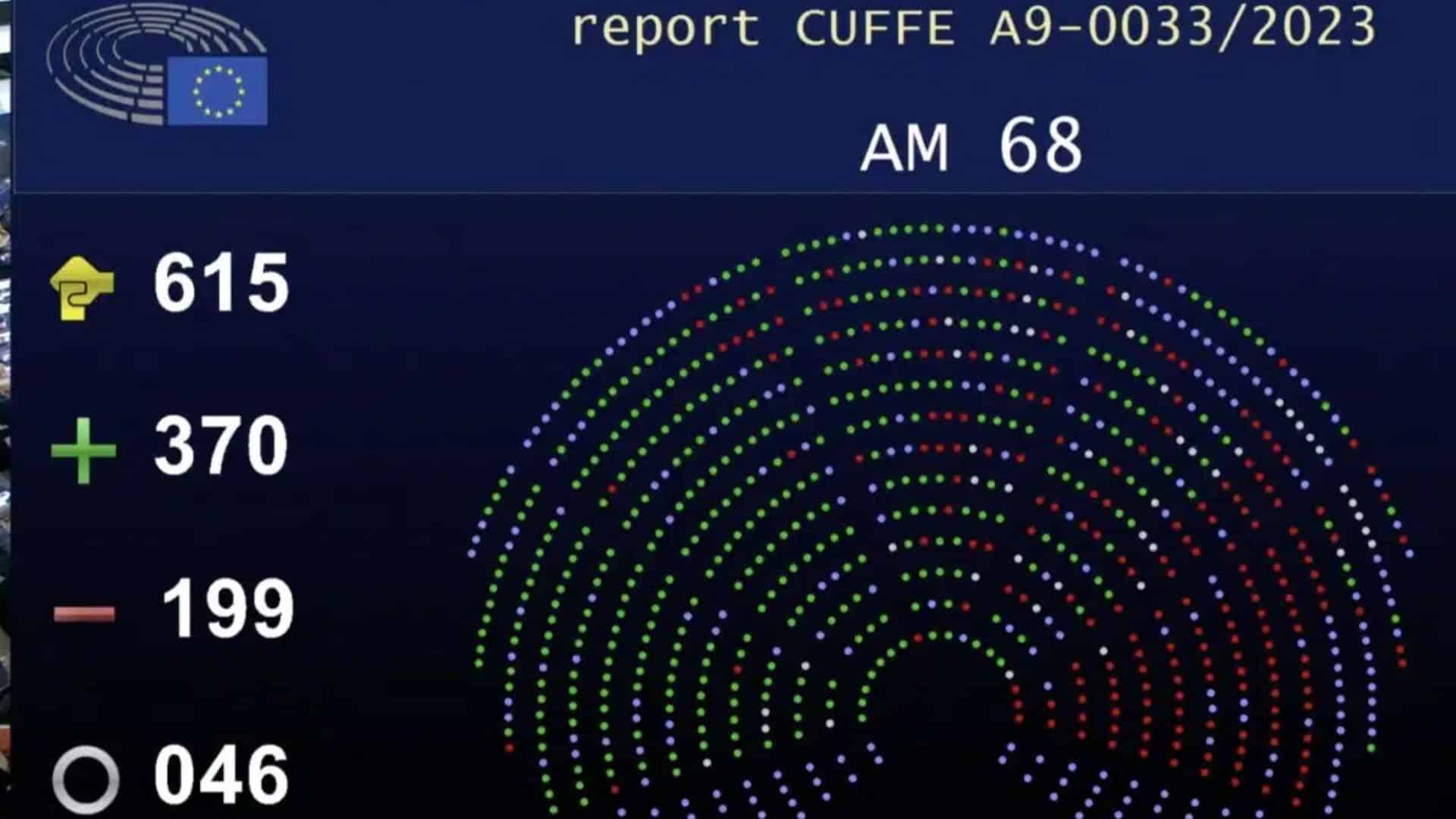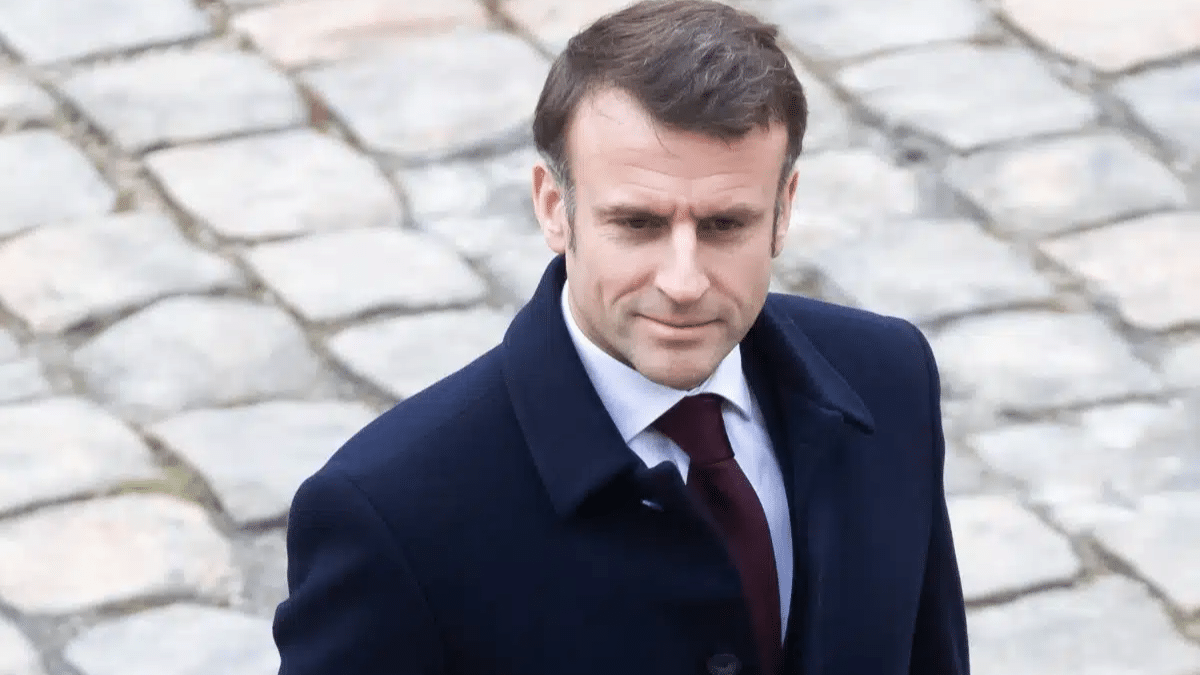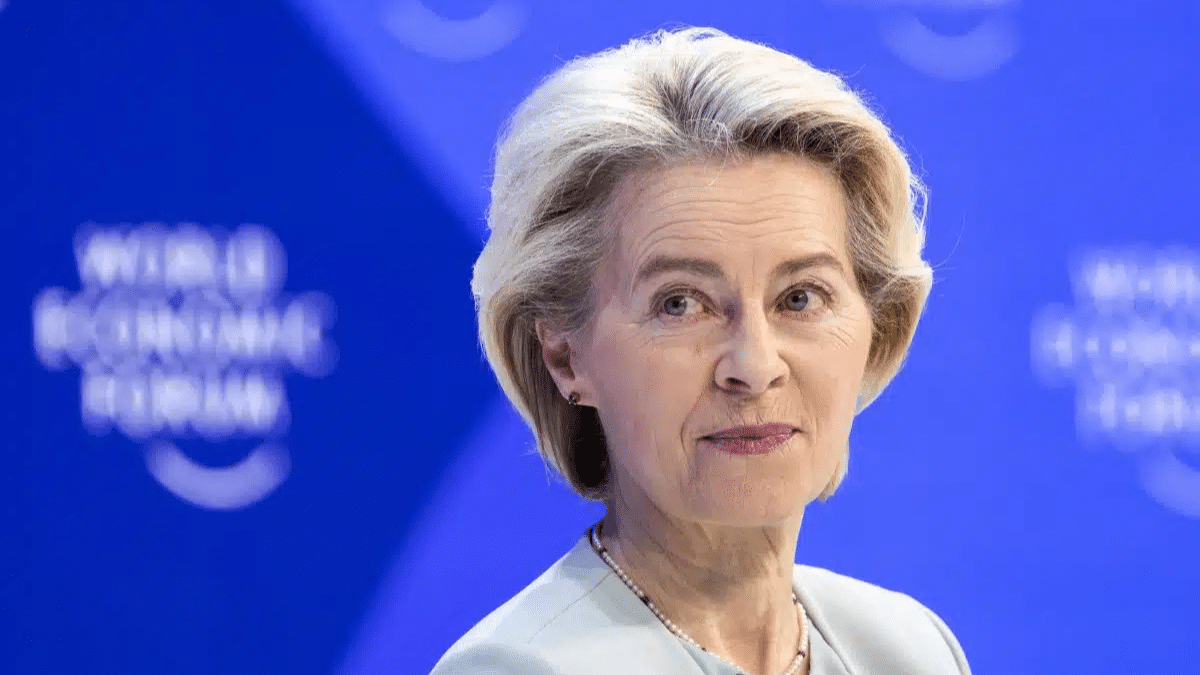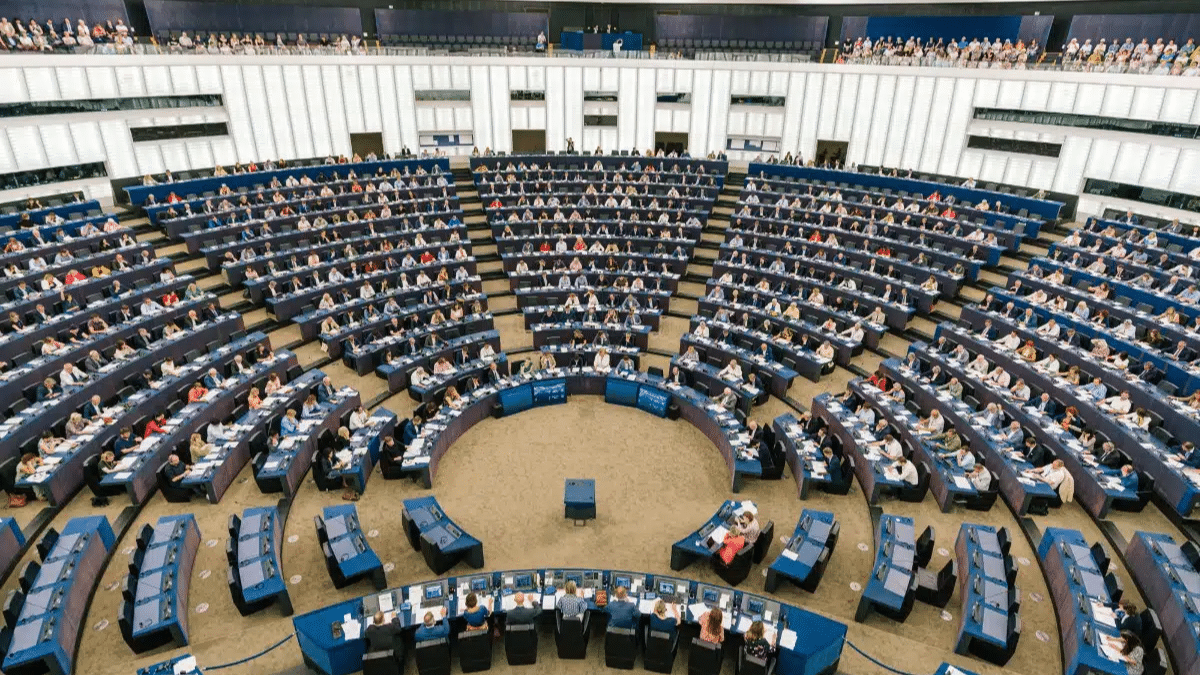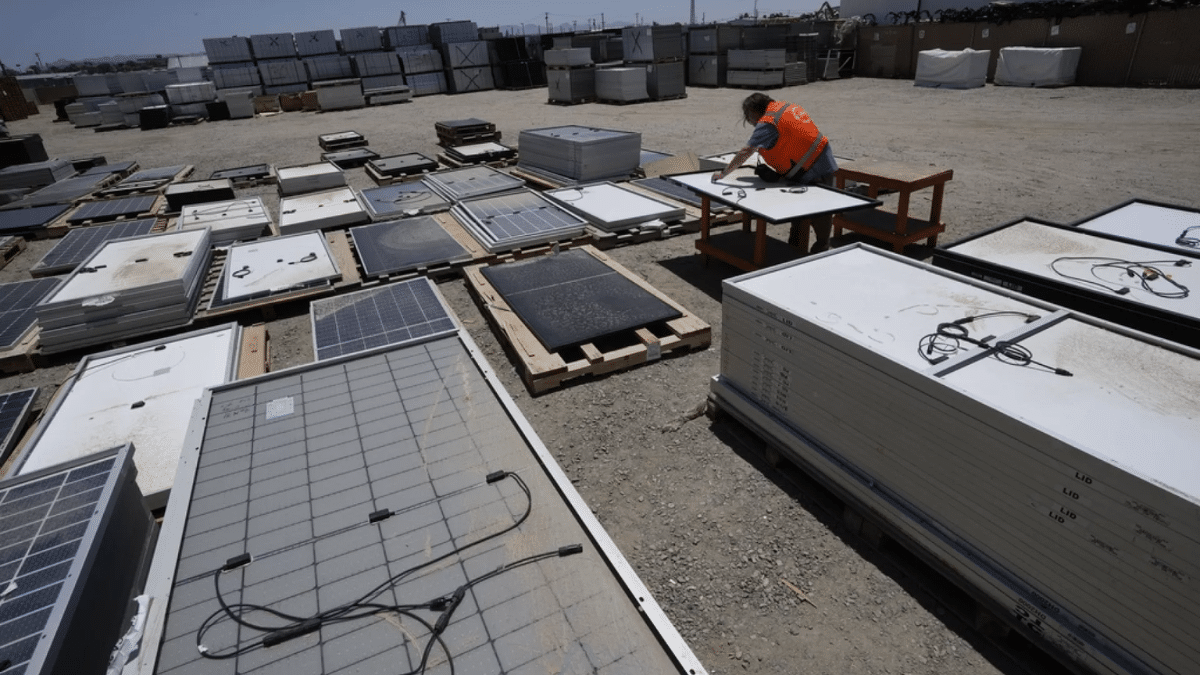
EU leaders meet in Brussels with one single mission: make Viktor Orbán lift his veto on Ukraine aid
On Thursday, Brussels is poised to host a crucial summit where EU leaders will convene with the sole objective of convincing Viktor Orbán to revoke his steadfast objection to a €50-billion aid package intended for Ukraine.
Orbán, the Prime Minister of Hungary, is solely responsible for hindering the disbursement of new funds to Kyiv, which is in dire need of $37.3 billion (equivalent to €34.45 billion) in aid from the West to maintain its economy in 2024. This includes sustaining vital services like healthcare, education, social welfare, and pensions.
The urgency of the situation intensified in mid-December when Orbán followed through on his threat to block the proposed €50-billion fund, leaving the European Commission in a bind without additional funds to allocate. This deadlock is further exacerbated by legislative stalemates in Washington, making the upcoming summit on Thursday a critical juncture for leaders to find a resolution.
The approval of the Ukraine Facility, which is linked to a broader review of the EU’s common multi-year budget, demands unanimous support—a rule Orbán has effectively used in the past to influence collective decisions and secure concessions.
“The level of apprehension is palpable, yet it’s crucial to remain composed and focused,” remarked a high-ranking EU official in light of the forthcoming summit.
Efforts to comprehend Hungary’s demands in return for lifting the veto have been ongoing, but the feedback from Budapest has been at best frustrating and at worst unacceptable, according to diplomats who wished to remain anonymous due to the sensitive nature of the discussions.
The plan under consideration involves the Commission managing the Facility’s disbursements, averaging €12.5 billion annually in a combination of loans and grants until 2027, and providing updates to both the Council and the European Parliament. In response, Kyiv is expected to fulfill certain criteria to gradually access the funds.
Hungary’s request for an annual review of the entire facility is seen as an attempt by Orbán to maintain leverage over the process. Additionally, Hungary has sought amendments to the COVID-19 recovery funds, which have been inaccessible due to issues related to the rule of law, and has opposed the interest payments associated with both the Ukraine Facility and the COVID-19 recovery funds.
Moreover, Orbán has been increasingly vocal about the release of frozen cohesion funds, describing the ongoing dispute as financial “blackmail.”
The variety of unrelated demands indicates that there may be a narrow window for compromise at the summit. An alternative to the annual review, proposed by some countries, is an “annual debate” on the Facility’s implementation, which would not require a vote and thus be immune to veto.
“We need to wait for the meeting to commence tomorrow to gauge Viktor Orbán’s flexibility,” a senior diplomat stated.
If Orbán remains unyielding, the EU leaders may have to resort to an alternative solution supported by 26 member states, creating a new financial framework that could undermine the political unity fostered in response to Vladimir Putin’s full-scale invasion. This unity has been crucial for approving sanctions against Russia and supporting Ukraine financially and militarily.
“This moment is pivotal,” another senior diplomat emphasized. Failure to achieve consensus could be a cause for celebration for others outside the EU.
The discussion also revisits the potential activation of Article 7, known as the “nuclear option” for addressing serious breaches of EU values, which could lead to the suspension of a member state’s voting rights. However, unanimity is required for this measure, and Slovakia, under Robert Fico’s leadership, is speculated to be a potential hurdle.
Leaders are considering more pragmatic approaches to circumvent the blockade of the Ukraine Facility, which has also impacted the review of the EU’s budget. The link between the Facility and budget enhancements has led to speculation about separating the two, a strategy that may be pursued if Orbán persists with his veto.
The summit will not only focus on Ukraine aid and budget discussions but also address other critical issues such as ammunition deliveries to Kyiv, the Israel-Hamas conflict, the Red Sea crisis, the controversy around UNRWA, and escalating farmers’ protests.

